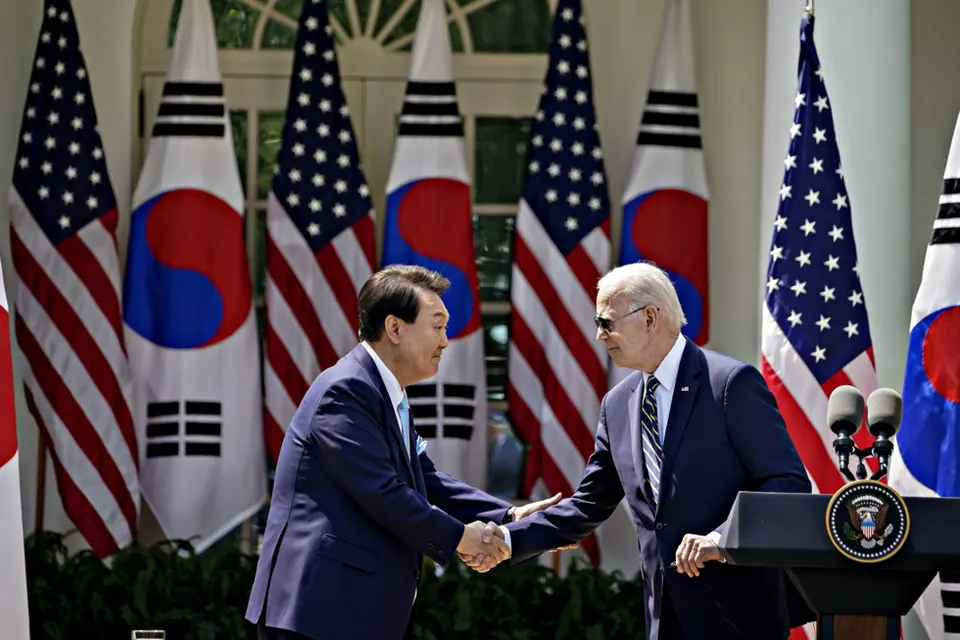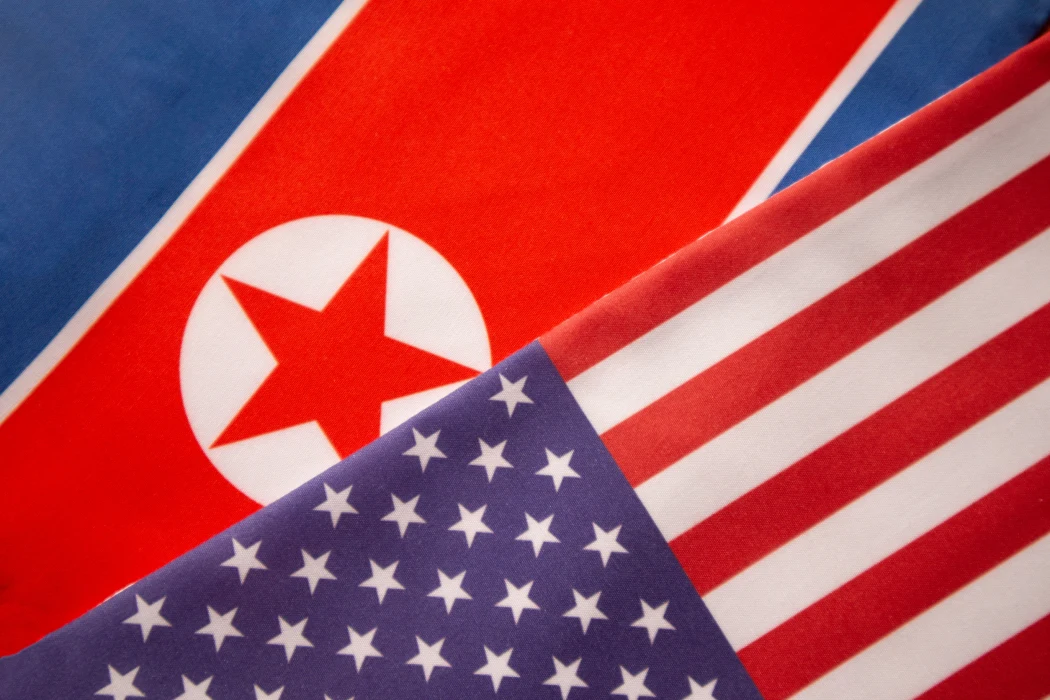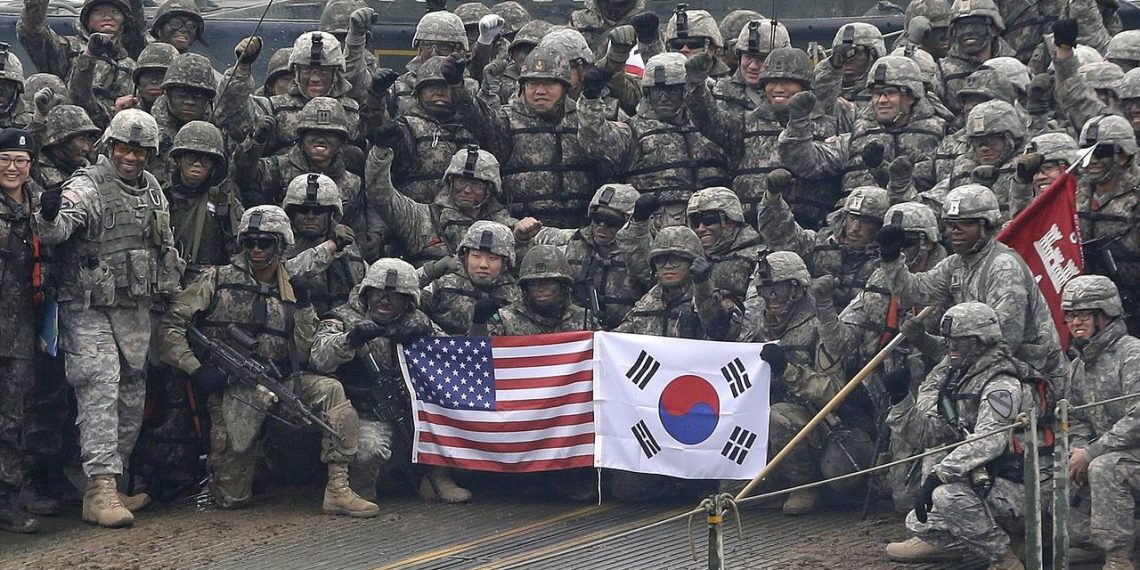Amidst a deadlock at the United Nations Security Council regarding international sanctions, the United States and South Korea have initiated a joint effort to hinder North Korea‘s illicit oil procurement.
The inaugural meeting of the Enhanced Disruption Task Force (EDTF) convened in Washington, with over 30 officials participating from various ministries and agencies responsible for diplomacy, intelligence, sanctions, and maritime interdiction, according to a statement from South Korea’s foreign ministry.
The focus of the meeting was on addressing concerns regarding potential Russian assistance in providing refined oil to North Korea.

Both nations expressed apprehension over illegal cooperation between Moscow and Pyongyang, highlighting the critical role of oil in North Korea’s nuclear and missile development.
Under existing UNSC restrictions imposed due to North Korea’s nuclear and missile programs, Pyongyang faces limitations on importing 4 million barrels of crude and 500,000 barrels of refined products annually.
However, there are concerns that Russia may veto a U.N. resolution extending the mandate for the expert panel monitoring sanctions on North Korea.
A U.N. expert panel reported that North Korean-flagged tankers may have delivered over 1.5 million barrels of refined oil products between January 1 and September 15 of the previous year.
Recent commercial satellite imagery reveals North Korean oil tankers, including sanctioned vessels, making visits to Russian ports.

The U.S.-South Korea task force is exploring various strategies to disrupt North Korea’s procurement networks, such as exposing sanctions evasion, imposing unilateral sanctions, and engaging with private sector and third-party actors involved in oil shipments.
The task force aims to expand its focus beyond oil to address other areas of sanctions evasion, including coal sales.
The initiative underscores the ongoing efforts of the international community to tighten sanctions against North Korea amidst geopolitical tensions and concerns over its nuclear activities.





